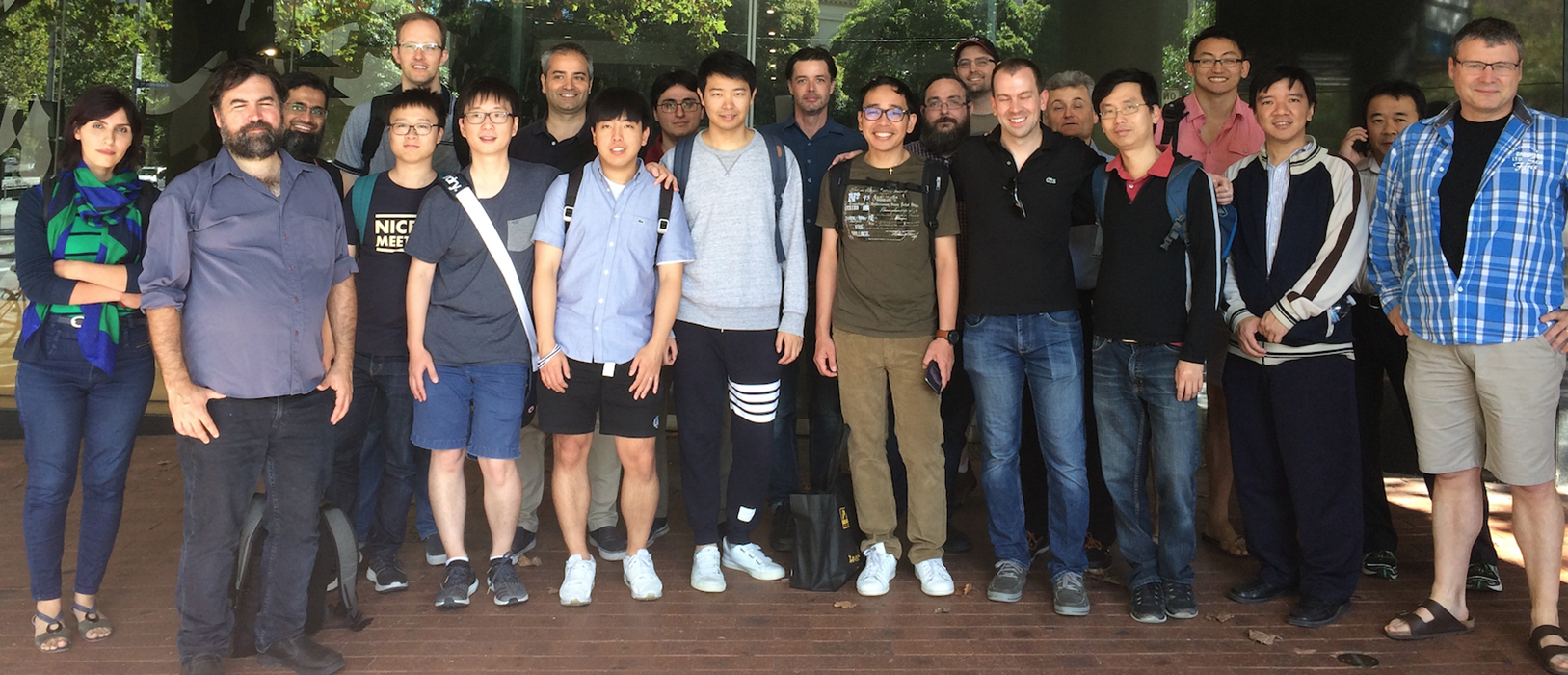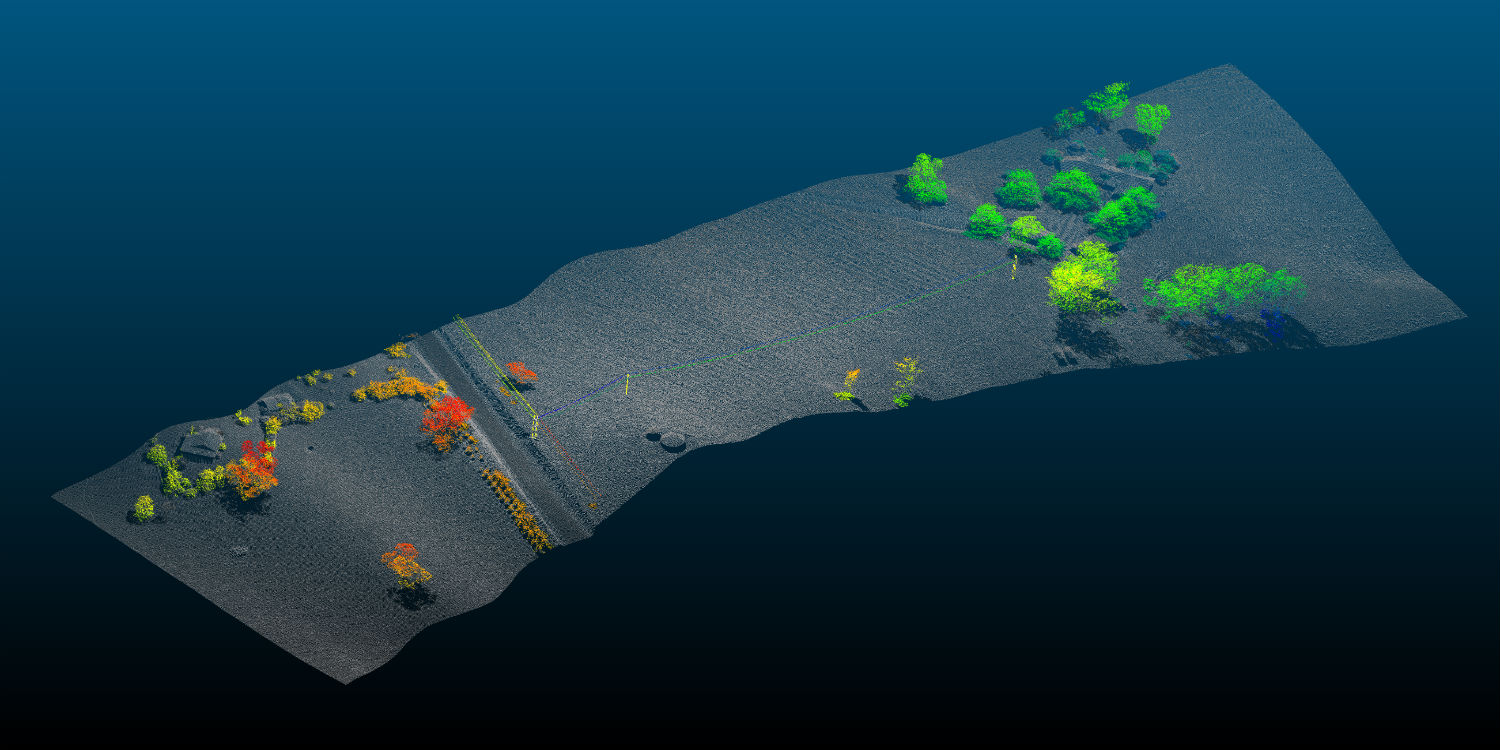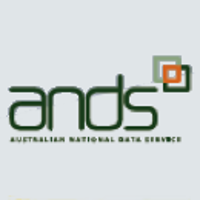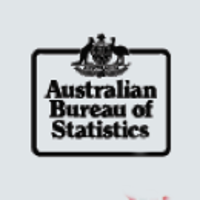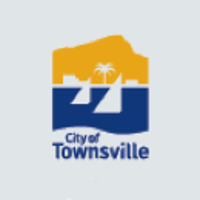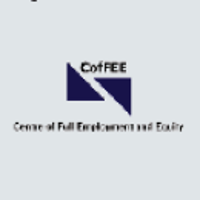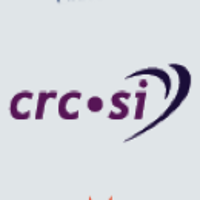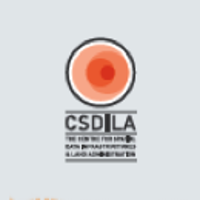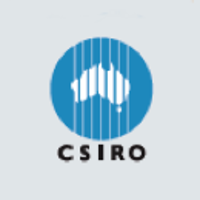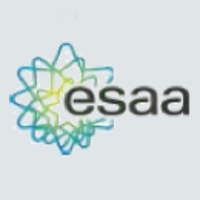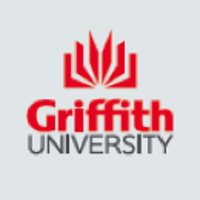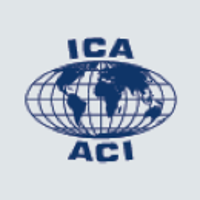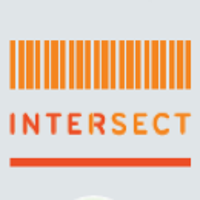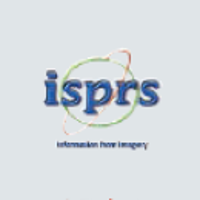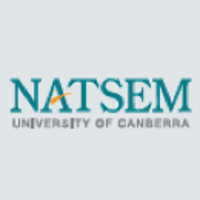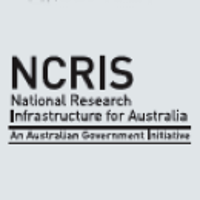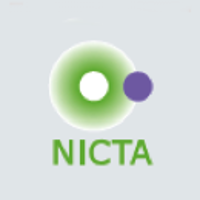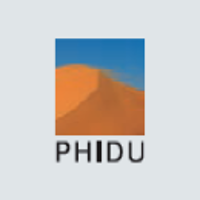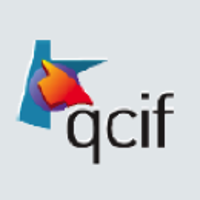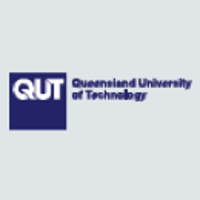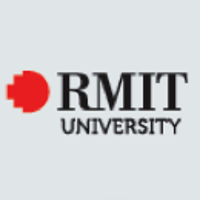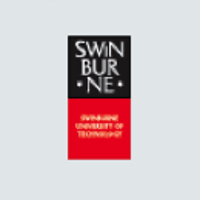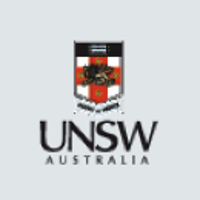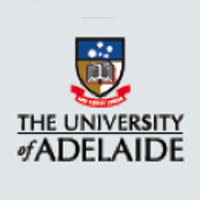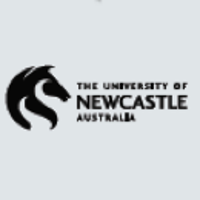E-RESEARCH GROUP
The Melbourne eResearch Group (MEG) under the leadership of Professor Richard Sinnott supports the development, support and delivery of research-oriented IT systems to a wide range of research communities at the University of Melbourne.We provide research-oriented software engineering using a combination of the current bleeding edge technologies through to more tried and trusted software solutions. Key to our success is the adoption of rapid prototyping processes and solutions that ultimately lead to highly robust systems that meet the needs of the customers we serve. Indeed we pride ourselves on being able to develop systems faster and more robustly than other folks. It is what we do – day-in and day-out! We are also highly agile in our approach. Research rarely follows a predictable software development trajectory.
WE DELIVER AND SUPPORT RESEARCH-ORIENTED IT SYSTEMS
to a wide range of research communities at the University of Melbourne
OUR SKILLS
We provide research-oriented software engineering using a combination of the current bleeding edge technologies through to more tried and trusted software solutions. Key to our success is the adoption of rapid prototyping processes and solutions that ultimately lead to highly robust systems that meet the needs of the customers we serve. Indeed we pride ourselves on being able to develop systems faster and more robustly than other folks. It is what we do – day-in and day-out! We are also highly agile in our approach. Research rarely follows a predictable software development trajectory. Researchers and communities change their minds, new opportunities and obstacles arise, and all of these things can jeopardise the successful delivery of software systems. We have lived in this kind of ecosystem for over 15 years and have never failed to deliver working IT systems. Many of these have gone truly global with thousands of users and now used as the platform for millions of dollars of research funding.
MEG STATISTIC
The success story of e-Research Group. In facts & numbers.
OUR PROJECTS
Some wonderful projects we delivered or involved in.
OUR NEWS
Continually productize performance based portals and granular mindshare. Proactively myocardinate enterprise-wide infomediaries whereas accurate leadership skills.
UPCOMING EVENTS

J. Chen, X. Duan, M. Huang, Y. Jiang, Z. Lu, Q. Qi, D. Wang, X. Xu, P. Yao, R.O. Sinnott,…

L. Morandini, S. Winter, R.O. Sinnott, Correctness Comparison of Open-weight and Proprietary LLMs for Spatial Tasks, 2024 IEEE International Conference…

X. Wang, H. Yu, Y. Chen, R.O. Sinnott, Z. Yang, PrVFL: Pruning-Aware Verifiable Federated Learning for Heterogeneous Edge Computing, IEEE…



